Is Apple's iPad lineup getting too confusing for its own good?
This article may contain personal views and opinion from the author.
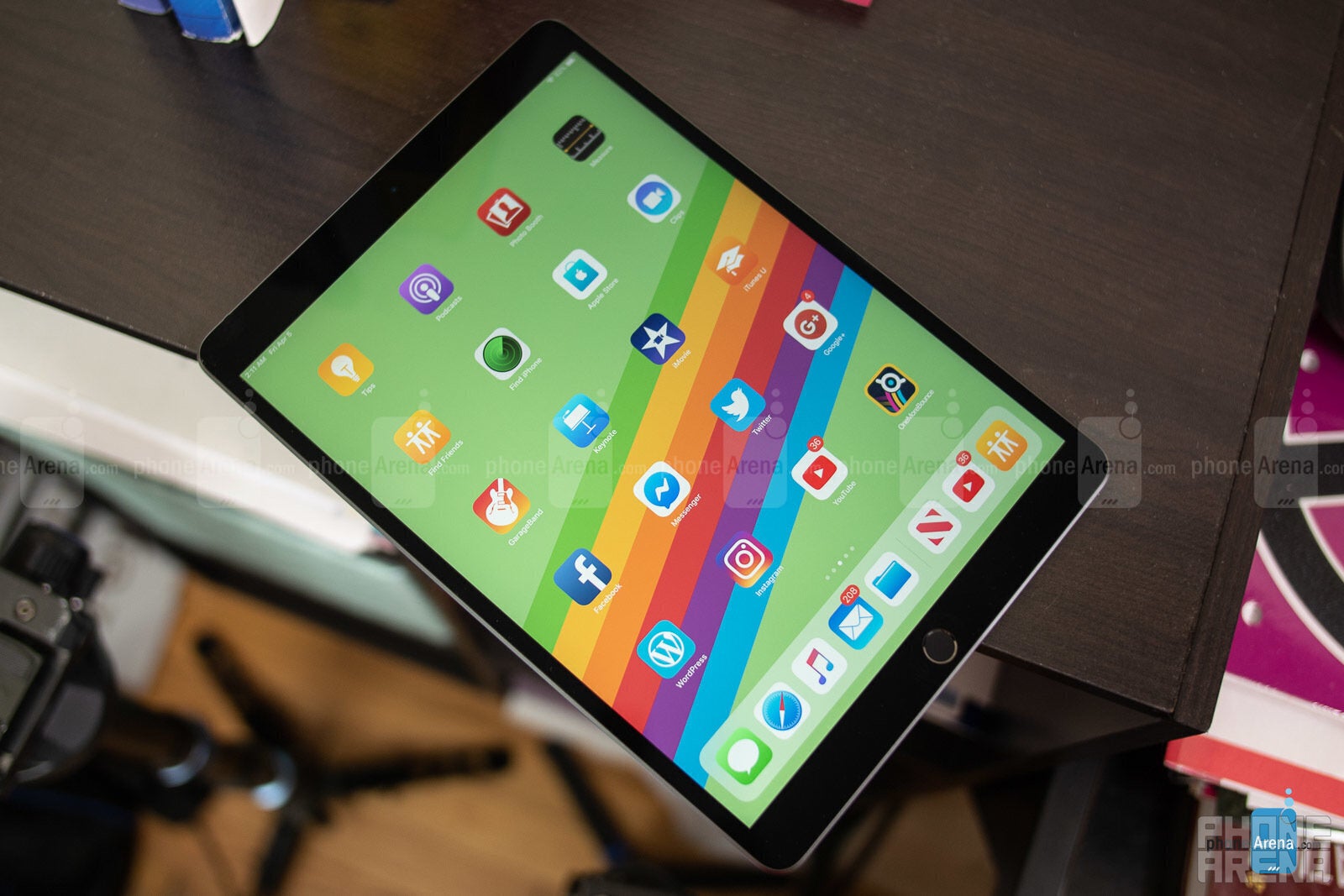
iPad Air (2019)
Even though it's only October, it doesn't look like Apple will be releasing a new iPad Pro generation this year after all. Instead, the expectation now is that the Cupertino-based tech giant will hold off until sometime in the spring to unveil what might possibly be the world's first tablet with a triple rear-facing camera system... for some reason.
But that doesn't mean things have been all quiet on the iPad release front in 2019. Quite on the contrary, as Apple decided to revive both the Air and Mini lineups back in March, followed by an obligatory refresh of the "regular" iPad just last month. For those trying to keep score at home, that brings the latter variant to its seventh generation, the iPad Air to its third edition (and first since 2014), while the iPad mini (2019) is the fifth of its diminutive kind, following in the footsteps of a 7.9-incher launched way back in 2015.
In total, Apple sells five main iPad versions at the time of this writing, and that's not counting the 2017-released iPad Pro 10.5 and 12.9 you can still frequently get at pretty hefty discounts from major third-party retailers like Best Buy, Amazon, or B&H Photo Video. That's a whole lot of choice for anyone interested in purchasing a new tablet nowadays, but as it turns out, there aren't a lot of people looking for that anymore, which makes us wonder if Apple's somewhat erratic release strategy is the right one to employ at such a tough time for the global market.
Diversity is the name of the game
Until not that long ago, Google and a large number of its hardware-making partners basically made product diversity the Android ecosystem mantra. All of a sudden, Apple is trying to capitalize on similar diversity-focused plays in both the smartphone and tablet landscape. But while you can definitely argue that each of the six main iPhone variants directly available from their manufacturer covers a specific market segment, it's hard to identify a clear purpose and a specific audience for each of the five iPads officially up for grabs today.
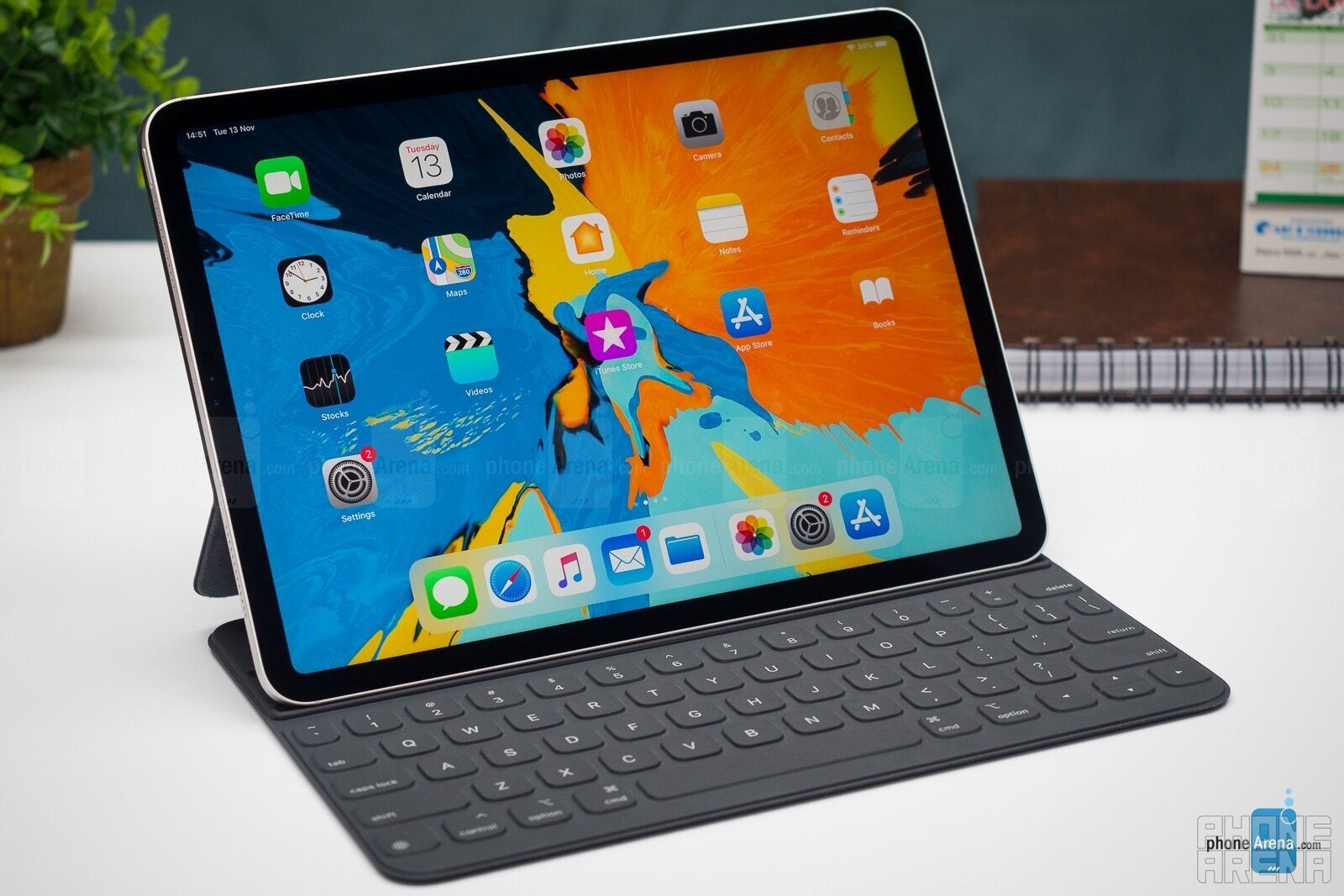
11-inch iPad Pro
2018's 11 and 12.9-inch iPad Pros aim to serve the needs of, well, pros with state-of-the-art hardware and a (slowly) growing set of multitasking, productivity, and creativity tools. The reborn iPad mini is obviously for fans of compact slates delivering a little more raw power than your typical budget-friendly 7 or 8-inch Android. But the 10.2-inch iPad and 10.5-inch iPad Air make the entire portfolio feel unnecessarily convoluted and bloated.
It's not even about the design similarities between the two. Or rather, not only about that. The main problem is the 10.2-incher doesn't feel like a compelling purchase for, well, anyone. For one thing, it's not affordable enough, at $329 and up. Certainly not with Black Friday deals right around the corner, not to mention the vastly superior iPad Air (2019) has already been substantially discounted a couple of times, both by itself and alongside a productivity-enhancing Smart Keyboard.
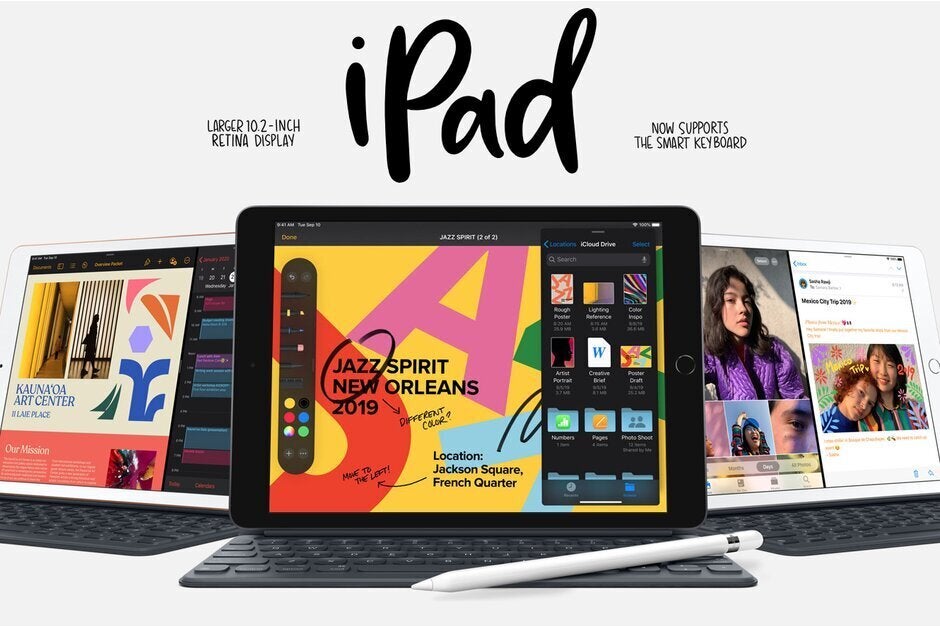
10.2-inch seventh-generation iPad
While we're on the subject, Smart Keyboard support doesn't make the iPad (7th Gen) a compelling purchase either when said accessory adds almost 50 percent to the slate's starting price. If the idea was to broaden the appeal of the iPad roster and draw in buyers on tight budgets, why not also release a lower-cost keyboard as well?
Most importantly, it's pretty much impossible for the "regular" new iPad to stand out between the A12-powered iPad mini and iPad Air with an A10 Fusion processor under the hood. That's a three year-old SoC found inside the iPhone 7 and 7 Plus, which may still feel fast enough for everyday tasks like web browsing, multimedia, and light multitasking or gaming, but it's arguably not what we'd call a future-proof chip.
Why are tablets not as popular as they once were?
Just because Apple comfortably dominates the global tablet landscape and there's no real threat in sight from the likes of Samsung or Huawei, that doesn't mean the company is free to experiment at will and stop innovating, instead throwing everything it already has against a wall in different combinations to see what sticks. Or rather, Apple can't do that and expect iPad sales to grow when virtually all other major industry players are seeing their numbers decline quarter after quarter and year after year.
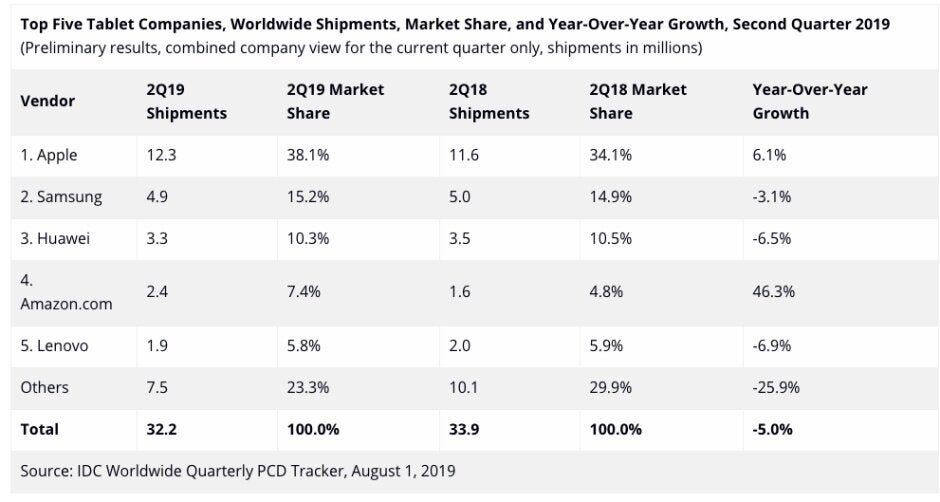
Apple managed to boost its iPad sales in Q2 2019, but the mid and long-term forecasts are not very positive
That brings us to the market's existential question right now, which Apple needs to answer before hoping to unlock the true potential of its confusing iPad lineup. One of the key reasons why the mainstream popularity of tablets has been steadily dropping in the last few years is definitely the rise of jumbo-sized phones. From that point of view, Apple has been smart to snub the 7-inch segment, which is pretty much on the brink of extinction.
But the relevance of the 7.9-inch iPad mini is threatened by handsets like the 6.8-inch Galaxy Note 10+, which is significantly smaller and easier to maneuver while also offering plenty of screen real estate for your binge-watching sessions.
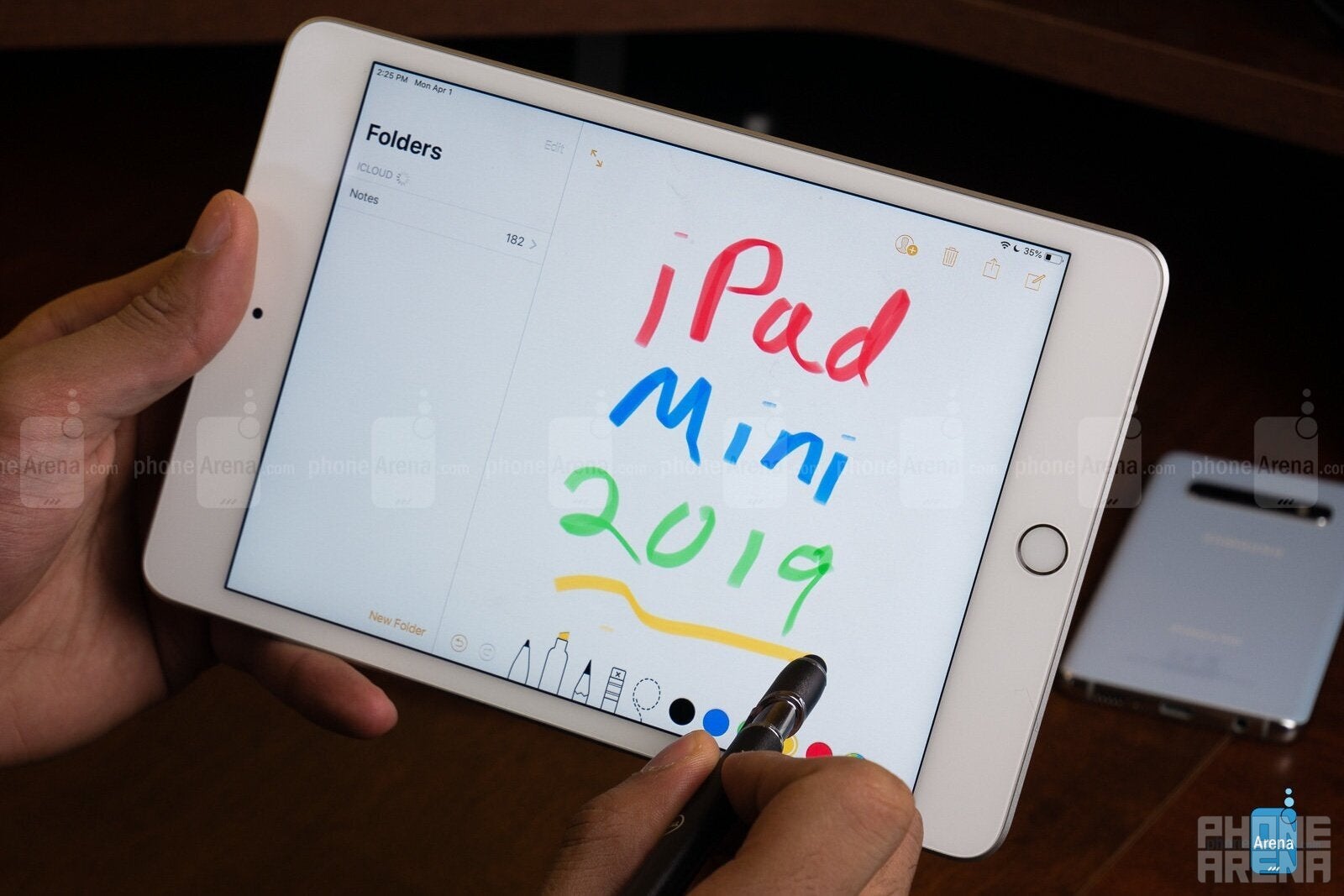
2019-released iPad mini
A broader cause for the continuous decline in sales might be the lack of a compelling use case as conventional tablets still seem to be aimlessly searching for a purpose. According to the latest market forecast, Microsoft is the only major vendor looking at a potential boost in shipment numbers in the near future. That's probably because the Surface lineup is much less crowded and easier to grasp (unfinished prototypes aside), while focusing on doing one important thing - replacing your laptop.
Apple's iPad Pro could certainly do that as well... one day, but the company has to put more resources into making iPadOS a serious productivity contender for Windows and less effort into overcrowding a market that needs to breathe. Instead of releasing so many derivative devices, why not focus on the iPad Pro family and just one separate model with a smaller screen (bigger than 7.9 inches, though) and a lower price point in 2020 and beyond?










Things that are NOT allowed: